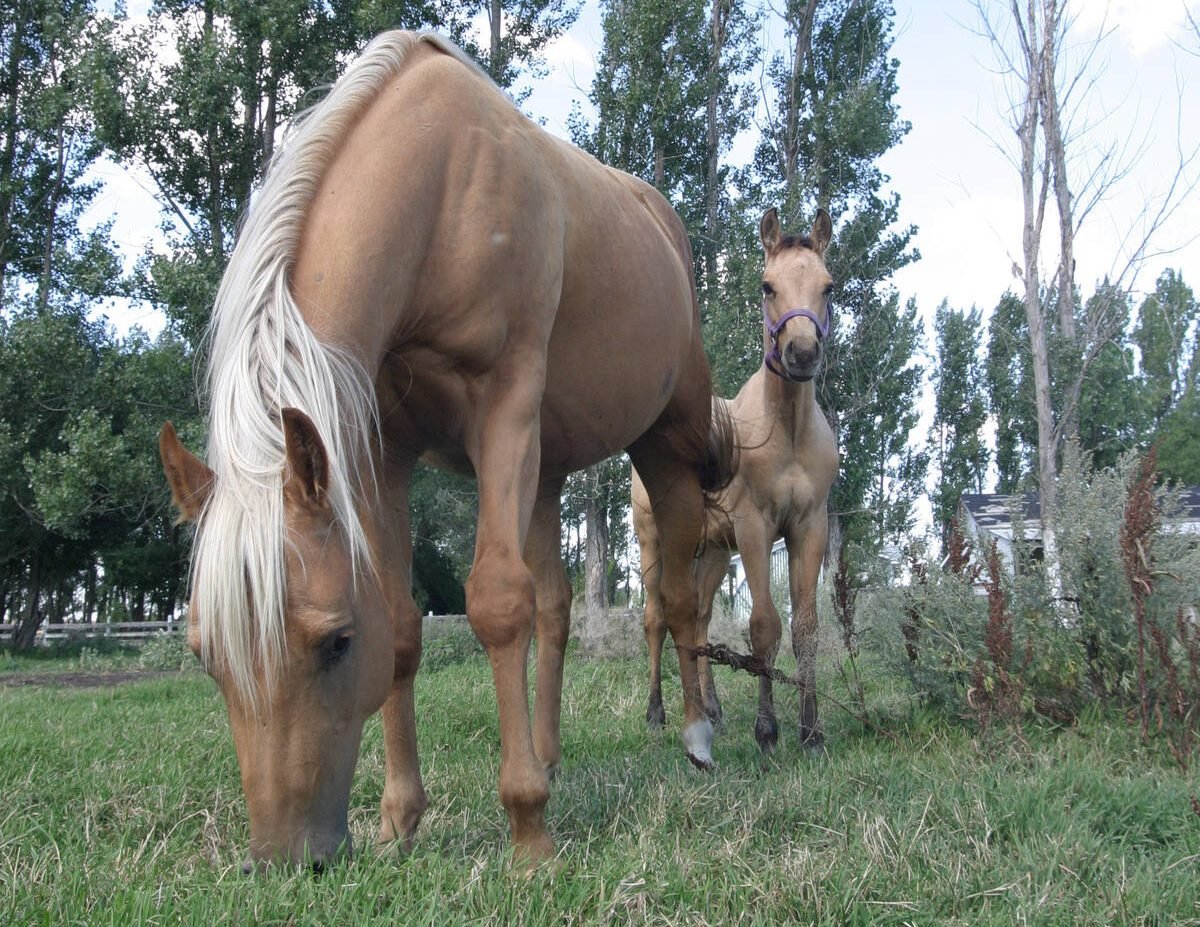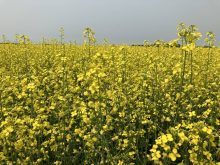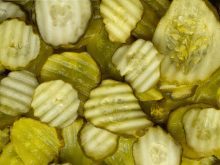Does learning to farm have any real value these days? If so, what is it? These questions are in a spotlight shining from a rather unusual angle. Few of us have considered the value of farming through the shadows of prison bars.Six federal prison farms across Canada, with one in each of the prairie provinces, are in the process of being dismantled. They produce a variety of foods including eggs, beef, milk and poultry as well as crops. They have long histories, have built up high quality herds and enjoy good reputations for productivity.When the government closed Canada’s prison farms, it opened fundamental questions about the value, usefulness and currency of farming in a modern society.Financial viability is only one consideration. Unlike the worries about profitability that plague most mixed or family farms, the prison farms are clearly a public expense.But because the breakdown of economic costs and benefits have not been made available, it’s impossible to tell whether the savings on food purchases are greater than the costs of producing that food on site.However, given the free on-site labour provided by prisoners, it would be an unfortunate commentary on the financial viability of food production in Canada if these farms weren’t at least break-even operations.Are farmers required to work for less than nothing to stay in the business?But the real debate is about the kinds of skills and attitudes that farming cultivates and whether any of these are still useful in the 21st century.As on most farms, the work on our family farm includes operating and repairing many kinds of machinery, welding, building and repairing buildings, fencing, herding cattle, branding calves, making field plans, keeping production and financial records, seeding, harvesting, cleaning seed and a multitude of other tasks.Many of these skills are transferable to other work sites. That’s why farm kids often get hiring preference when they head for the city to look for jobs.As well as requiring a wide range of skills, working on a farm can help to build a sense of responsibility and self-respect. Prisoners and prison workers have noted the important character changes that occur in someone who learns to care for an animal.Recognizing and taking pride in being able to contribute to something as basic and necessary as producing food is surely a positive step. As well as encouraging a good work ethic, this can help to rehabilitate, restore and develop character.Far from being obsolete, useless operations, the prison farms could become sites for important advances in meeting the key challenges of our food system. With innovative thinking and direction, these publicly funded farms could model sustainable farming methods for local food production and greater food self-sufficiency.As long as eating well is a valued activity, producing good food will continue to be a valuable skill. So the skills and ethos and values of good farming are surely very 21st century.Nettie Wiebe is a farmer in the Delisle, Sask., region and a professor of Church and Society at St. Andrews College in Saskatoon.
Read Also

Growth plates are instrumental in shaping a horse’s life
Young horse training plans and workloads must match their skeletal development. Failing to plan around growth plates can create lifelong physical problems.














